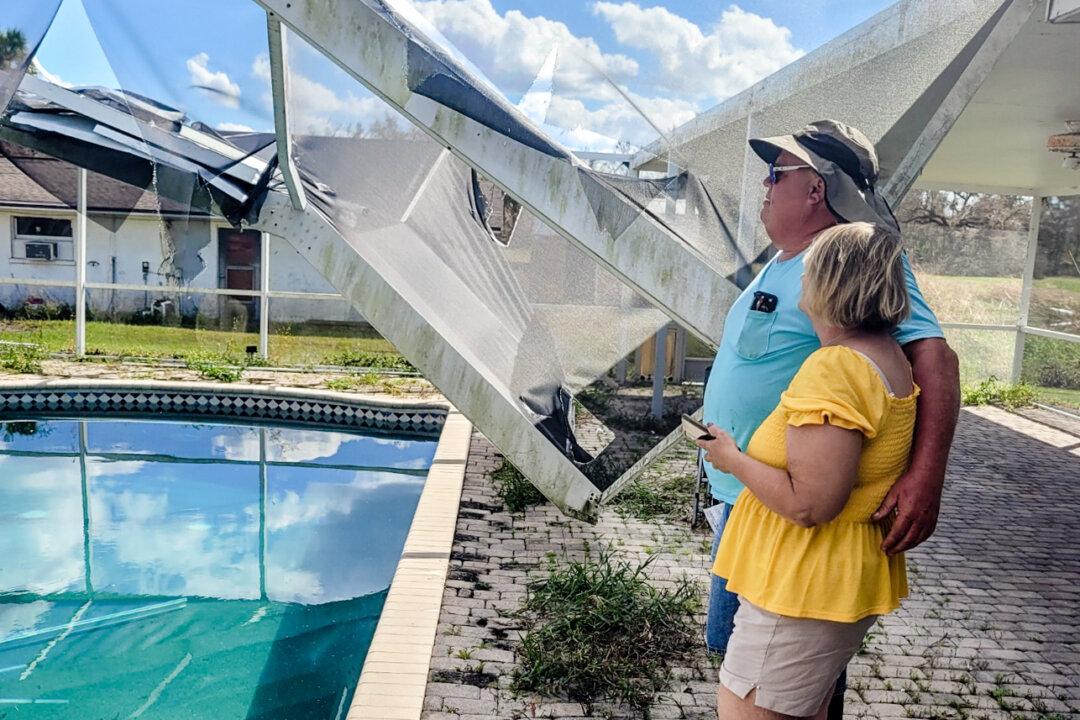PUNTA GORDA, Fla.–In journalism school, professors say, “Always report the news; don’t be the news.”
That all changed with Hurricane Ian on Sept. 28. I hated to disappoint my old professor, but here I am “being the news,” all thanks to Ian.

PUNTA GORDA, Fla.–In journalism school, professors say, “Always report the news; don’t be the news.”
That all changed with Hurricane Ian on Sept. 28. I hated to disappoint my old professor, but here I am “being the news,” all thanks to Ian.